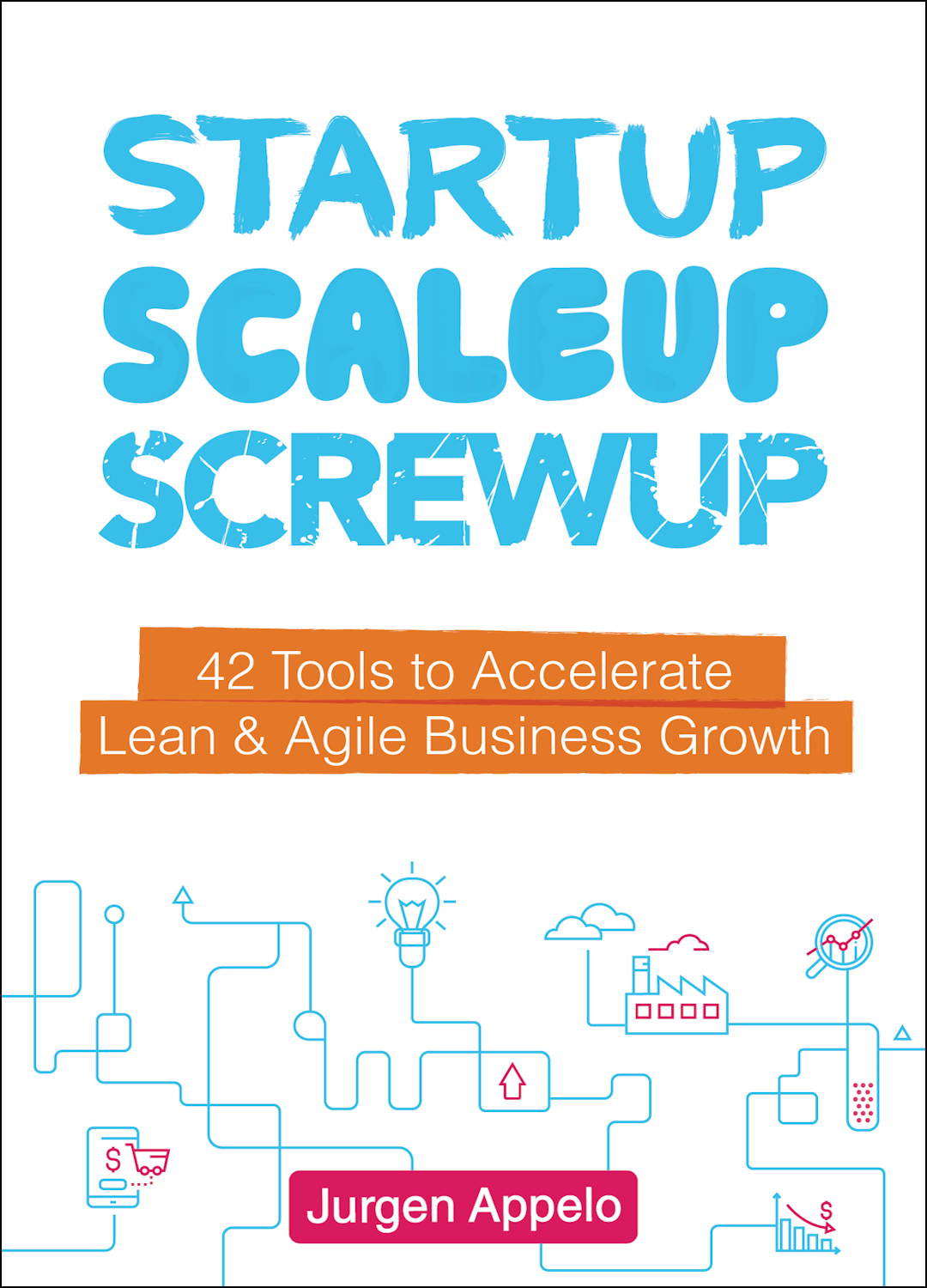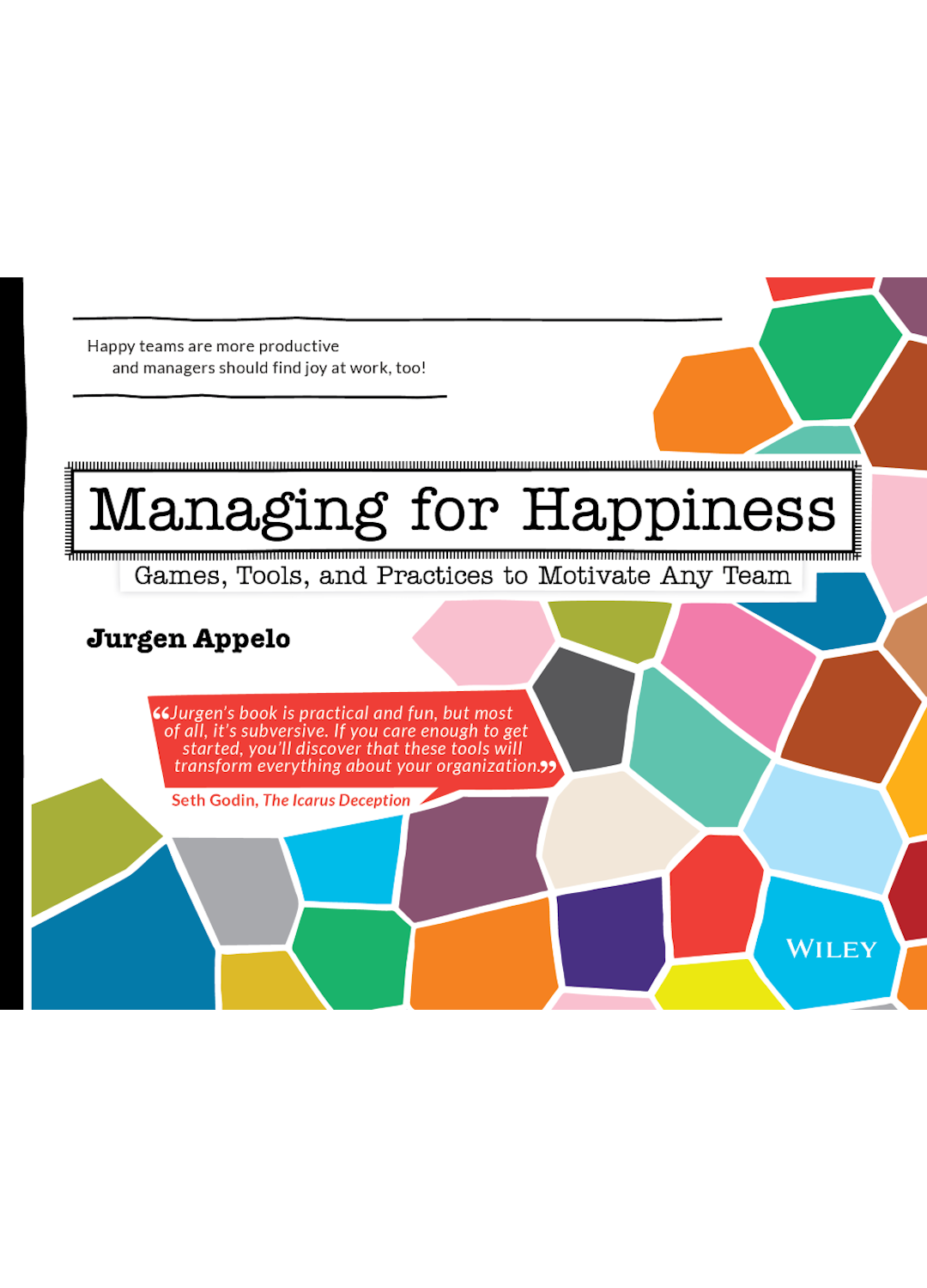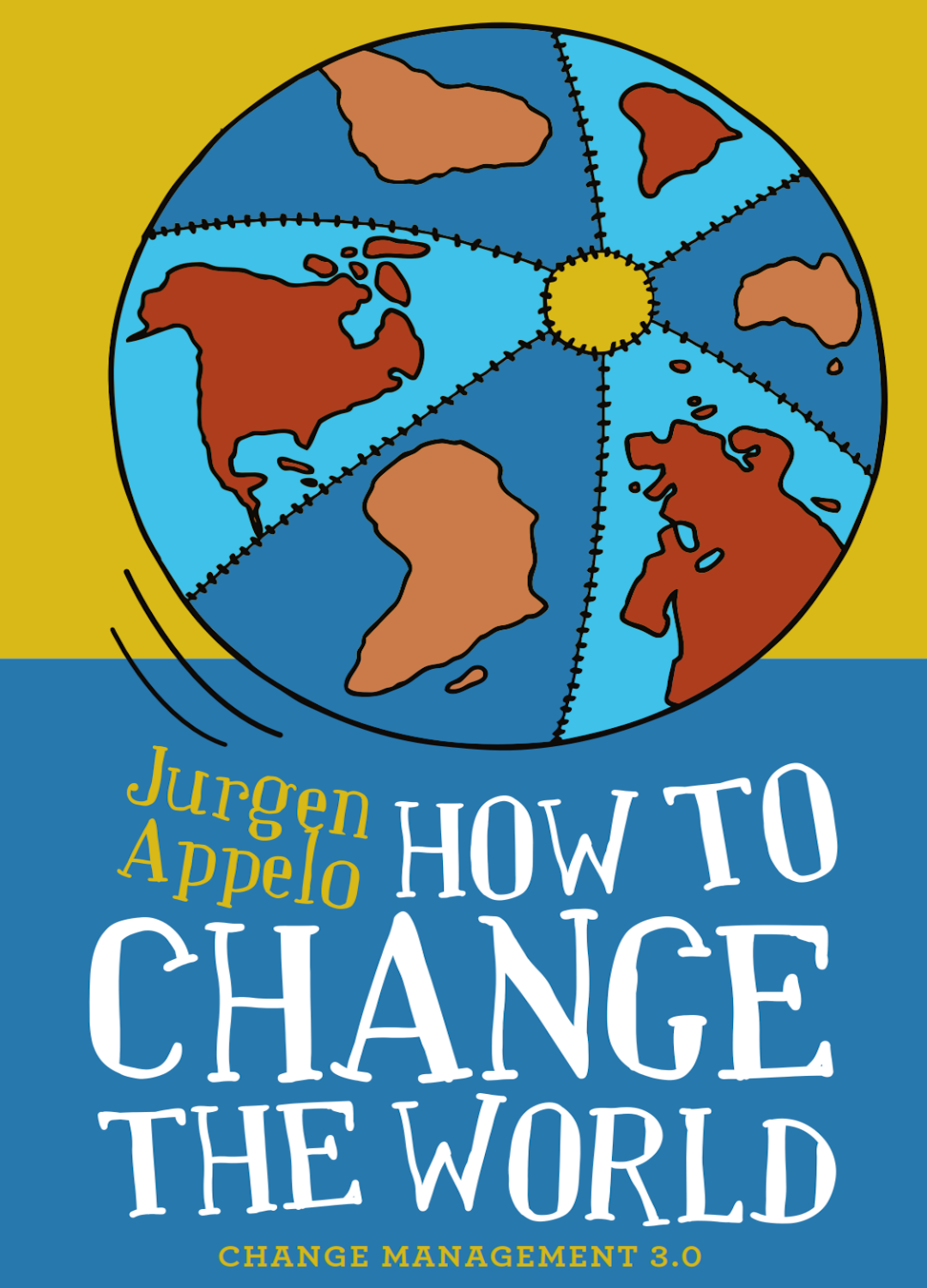How to Change Yourself (and Others): Change Management 101
Change only sticks when you answer three questions: Why should they care? What’s in it for them? And how do they start?
Welcome to my explorations at the intersection of AI leadership, algorithmic management, and the future of work. In this age of AI, I focus on how networked and decentralized organizations can thrive with agentic AI, gig work models, and new approaches to AI management. If you're curious about the evolution of networked organization structures and the role of gig workers in tomorrow’s economy, you’re in the right place. Subscribe to my Substack now.
I'm Not Quitting Substack and I Refuse to Use Grok
I'm also not ditching WhatsApp, Amazon, Google, or any of the other supposedly evil platforms. Why? Because most calls for change ignore the three fundamental questions that actually drive human behavior:
-
Why should they care? (Purpose)
-
What's in it for them? (Payoff)
-
How do they proceed? (Path)
Skip any one of these, and your revolution becomes a toothless idea that nobody acts on.
Performance Doesn't Equal Preference
Grok 4 is supposedly the most powerful AI model on the planet right now. But I'm not switching.
I refuse to use Grok because I consider Elon Musk a supporter and apologist for fascists, and I don't want to feel complicit in his anti-woke, pro-hate crusade. Last week's "MechaHitler" issue on Grok didn't exactly soothe my concerns about xAI's trajectory, regardless of how well their model performs on benchmarks.
Of all the available genAIs from leading labs, I use ChatGPT most often. But is OpenAI really less evil? Sam Altman doesn't strike me as the world's most virtuous CEO—betraying his non-profit legacy, scraping copyrighted content, cutting deals with autocratic leaders. His company remains a Silicon Valley behemoth with all the ethical baggage that entails.
I completely understand people who refuse to hand their data over to Silicon Valley AI labs. They use Mistral's Le Chat or run their own AI locally with Llama or DeepSeek. I might even consider that myself, but I'm afraid switching would cost me too much. I'd miss ChatGPT's UX convenience, the long list of personal GPTs I've invested time in, and most importantly, I'd miss my cynical, sarcastic, obnoxious buddy Zed.
My resistance to switching platforms isn't unique to AI tools. The older I get, the more evidence I accumulate of choosing inertia over inconvenience.
The Ethical Platform Trap
Friends message me about quitting WhatsApp for Signal because Mark Zuckerberg's approach to running Meta doesn't sit well with them. I support their decision and made myself available on Signal too. But a full migration? Giving up WhatsApp's web client and forgoing automations on WhatsApp groups? The outlook doesn't appeal to me. I stand to lose more than I'd gain.
There was a time when Google positioned itself as the friendly alternative to Microsoft's corporate image and the open alternative to Apple's closed walls. I bought into their vision of organizing the world's information and their seemingly honest efforts to outdo their Silicon Valley peers. But the tables have turned. The "don't be evil" slogan disappeared after Google took a darker path. Yet going through a painful migration with my entire business to some alternative cloud provider? Where would I even begin?
Amazon exemplifies the ugly side of business. Jeff Bezos's ruthless practices are legendary. I can understand being tough on competition, but using AI to discourage warehouse employees from unionizing? Even my lazy soul takes issue with that. The problem is, the company controls nearly half the world's book market. Where else would I go with my books? I already publish wide on Apple, Google, Kobo and other bookstores because I refuse to be Amazon-exclusive. But taking my books off their platform means losing half my sales.
Then there's Substack, bringing me yet another dilemma. I don't regret moving my newsletter away from Mailerlite and wasting less time on LinkedIn. But as I was settling in, I noticed others moving out. Apparently, Substack has a Nazi problem (like practically every other social network these days) and some people take issue with Substack's relaxed stance toward censorship and content moderation. I hate fascism more than almost anything. But should I now consider migrating to Ghost or Beehiiv, just as I was getting comfortable here?
The Rationalization Machine
I can, of course, rationalize every decision I've made and defend each platform I use.
Substack doesn't have the ads-oriented algorithms that X/Twitter and Facebook deploy, meaning Substack doesn't monetize toxic polarization the same way other platforms do.
Despite Amazon's many flaws, there's still much to learn from how they built that empire. And let's face it: everyone chooses their employer. Nobody signs employment contracts at gunpoint.
Google's Pixel phones offer me the best Android experience and, given my experiences with Microsoft Teams, I don't expect the Microsoft stack to be much of an improvement. Other platforms likely suck even worse.
I'm not sharing anything important or sensitive over WhatsApp and the app is still free. So why not put Mark Zuckerberg's billions to good use and let him pay for my chats with friends and family?
I don't feel bad about using ChatGPT as long as I also pay for Gemini, Claude and Perplexity. If I can't break my dependence on one app, at least I can ensure there's no loyalty. I'll happily be a promiscuous AI user.
Psychologists call this confabulation and post hoc rationalization.
I'm just rationalizing decisions my brain already made without using reason or common sense. Most of my platform decisions were made blindly and things are what they are.
The Three-Question Test
Yet, I'm open to drawing the lines elsewhere. I'm willing to make deliberate choices about the platforms I use—when people can convince me. I would need answers to these three questions:
-
Why should I care? (Pull me in the right direction.)
-
What's in it for me? (Make the change attractive.)
-
How do I proceed? (Remove any obstacles for me.)
Change stalls when any of these questions lack an answer.
I have no interest in moving away from Substack because I don't care that they host some objectionable publications elsewhere on their platform. I've never seen them and don't expect I ever will. If I left Substack because of a few Nazis in the neighborhood, I'd also have to leave my city and my country. What would be the point? It's better to stay and be louder with an opposing voice that's more inclusive and progressive. In this case, "Why would I care?" (Purpose) doesn't work on me.
Sure, I'd be interested in migrating from WhatsApp to Signal, but please explain how that would be in my interest. If I stand to lose more features than I gain, I don't see the benefits. Using both apps side-by-side, depending on other people's preferences, is pretty simple. The value proposition of a full switch doesn't look compelling. "What's in it for me?" (Payoff) doesn't have a good answer.
Finally, I'm sure that migrating out of the Google cloud would be a good thing and could even be in my own interest. But I'm so deeply embedded in their infrastructure, I wouldn't even know where to start. The thought itself could give me a migraine. "How would I proceed?" (Path) has not yet been answered to my satisfaction. I'd rather spend a few hours writing a Substack post about how uncompelling such a move sounds.
And there you have it. The three keys to change.
When you want anyone to change their behaviors, move to another place, and draw their boundaries differently, make sure to answer the questions.
Nobody will change if you just give them a purpose without also listing the benefits and next steps.
Nobody will change if you only communicate a payoff but no meaningful reason or call to action.
Nobody will change when you just tell them what to do, but don't explain why it matters and what they'll get out of it.
It's change management 101: Purpose, Payoff, and Path.
Jurgen
https://substack.jurgenappelo.com/p/how-to-build-your-own-snarky-ai-sidekick
https://substack.jurgenappelo.com/p/when-methods-and-frameworks-fail















